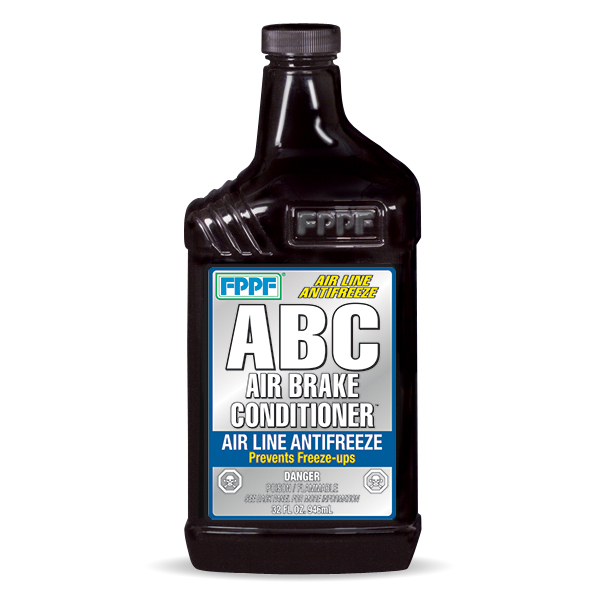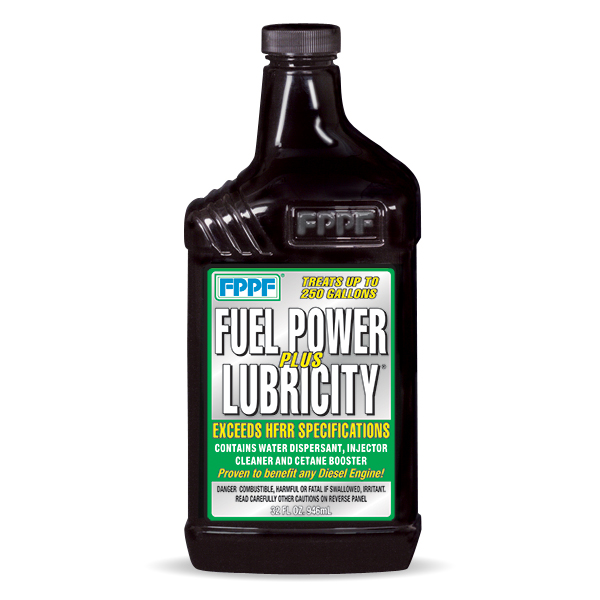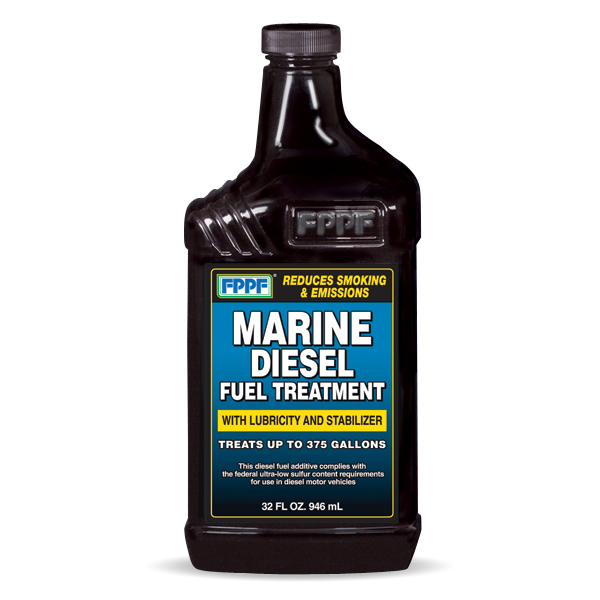fuel additive Company

Fuel Treatment for Boats: Keeping Your Vessel Running Smoothly and Efficiently
Owning a boat is an investment in both time and money; keeping it running smoothly and efficiently is crucial to maximizing your investment. Fuel treatment is a critical component of boat maintenance that is often overlooked but is essential to maintaining your vessel’s performance and preventing costly repairs. Using fuel treatment can help keep your boat’s engine running smoothly, protect it from damage, and increase its lifespan. In this blog post, we will explore the basics of fuel treatment for boats, its benefits and importance, and provide tips for choosing the right product and using it effectively. Whether you’re a seasoned boat owner or just starting, this guide will help you understand the importance of fuel treatment for your vessel and how to keep it running smoothly and efficiently for years to come.
Understanding the Basics of Fuel Treatment for Keeping Your Boat Running Efficiently
Boats are an essential mode of transportation for water sports enthusiasts, anglers, and professionals alike. Proper maintenance is necessary to keep your vessel running smoothly and efficiently, and fuel treatment is a crucial component of this maintenance routine. In this blog post, we will discuss the basics of fuel treatment for keeping your boat running efficiently.
What is Fuel Treatment?
Fuel treatment is a chemical solution added to gasoline or diesel fuel to improve its quality and protect the engine from harmful contaminants. The treatment contains detergents that clean the fuel system and remove deposits that cause engine problems. It also contains lubricants that protect engine parts and prevent corrosion.
Types of Fuel Treatment
There are several types of fuel treatment available in the market, each with its specific purpose. Some of the common types include:
- Fuel Stabilizers: These prevent fuel degradation and the formation of gum and varnish in the fuel system.
- Fuel Injector Cleaners: These clean and unclog fuel injectors, improving fuel flow and combustion.
- Octane Boosters: These increase the octane rating of the fuel, which enhances the engine’s performance.
- Diesel Fuel Treatment: These are specially designed for diesel engines, protecting water and other impurities.
- Biocides: Biocides are used to kill microorganisms such as bacteria, fungi, and algae that can grow in fuel and cause clogs or other engine problems.
- Water Removers: Water removers help to remove water from fuel systems, which can prevent corrosion and other damage caused by water.
- Complete Fuel System Cleaners: These fuel treatments are designed to clean the entire fuel system, including the fuel tank, fuel lines, and injectors, to improve engine performance and fuel efficiency.
It’s essential to choose the right fuel treatment for your boat’s specific needs and follow the manufacturer’s instructions carefully for the best results. Using fuel treatments regularly as part of your boat’s maintenance routine can help keep your engine running smoothly and efficiently for years to come.

Why Fuel Treatment is Essential for Boat Maintenance
Boats require regular maintenance to keep them running smoothly and efficiently. Fuel treatment is one essential aspect of boat maintenance that is often overlooked but plays a crucial role in ensuring the boat’s longevity and performance.
Improves Fuel Efficiency
Fuel treatment can significantly improve the boat’s fuel efficiency. Fuel quality can affect how the engine runs and consumes fuel. Poor quality fuel can lead to deposits in the fuel system that cause engine problems, such as clogged filters, reduced power output, and increased fuel consumption. Fuel treatment removes these deposits and improves fuel flow, leading to better fuel efficiency and cost savings.
Prevents Fuel Contamination
Fuel contamination is a common issue with boats, especially those that sit for extended periods. Water and other impurities can get into the fuel system, leading to engine problems and reduced performance. Fuel treatment products contain detergents that clean the fuel system and remove contaminants, protecting the engine from damage.
Reduces Maintenance Costs
Regular fuel treatment can reduce maintenance costs by preventing engine problems that require expensive repairs. Fuel treatment helps keep the fuel system clean and free from harmful contaminants, leading to better engine performance and a longer lifespan.
Protects Engine Parts
Fuel treatment products also contain lubricants that protect engine parts and prevent corrosion. Engines are subject to wear and tear, and fuel treatment can help extend their lifespan by providing added protection to critical engine components.
Environmental Benefits
Fuel treatment can also have environmental benefits by reducing harmful emissions. Poor-quality fuel can lead to incomplete combustion and the release of harmful emissions into the environment. Fuel treatment improves combustion and reduces emissions, contributing to a cleaner and healthier environment.
Tips for Choosing the Right Fuel Treatment for Your Boat’s Engine
Choosing the right fuel treatment for your boat’s engine is crucial to ensure efficient performance and avoid costly repairs. Here are some tips to help you choose the right fuel treatment for your boat:
- Consider your engine type: Different fuel treatment products are designed for specific engine types. It’s essential to select a fuel treatment product that is compatible with your boat’s engine type, whether it’s gasoline or diesel, two-stroke or four-stroke.
- Identify your needs: Determine what you need the fuel treatment to do. Do you want to stabilize the fuel for long-term storage, clean the fuel system, improve fuel efficiency, or reduce emissions? Different fuel treatment products offer different benefits, so choose the one that meets your specific needs.
- Check the product label: Read the label carefully to ensure the product is safe for use in marine engines and complies with industry standards. Check the recommended usage rate, storage instructions, and shelf life.
- Look for quality: Choose a fuel treatment product from a reputable brand that has been tested and proven effective. Quality products may cost more, but they provide better results and better protection for your engine.
- Consider the price: While quality is essential, it’s also necessary to consider the price of the fuel treatment product. Compare different products’ prices and weigh the benefits against the cost to find the best value for your money.

How to Use Fuel Treatment for Maximum Effectiveness: Step-by-Step Guide
Fuel treatment products can help keep your boat’s engine running smoothly and efficiently. However, to get the maximum benefit from these products, you must know how to use them correctly. Here is a step-by-step guide on how to use fuel treatment for maximum effectiveness:
- Choose the right fuel treatment product: Choose a fuel treatment product that is compatible with your engine type and meets your specific needs. Read the label carefully to ensure the product is safe for use in marine engines and complies with industry standards.
- Determine the correct dosage: Refer to the product label to determine the proper dosage for your engine size and fuel type. Add the appropriate amount of fuel treatment to your fuel tank before adding fuel.
- Add fuel to the tank: Add fuel to the tank after adding the fuel treatment. This will help ensure that the fuel treatment mixes thoroughly with the fuel and gets distributed throughout the fuel system.
- Run the engine: Run the engine for a few minutes to allow the fuel treatment to circulate through the fuel system. This will help clean the fuel system and remove any deposits or contaminants.
- Repeat as necessary: Repeat the process of adding fuel treatment to your fuel tank regularly to maintain your engine’s efficiency and protect it from damage. The frequency of use will depend on the specific product and your usage patterns.
- Store fuel properly: Use a fuel treatment product designed for long-term storage if you plan to store your boat for an extended period. Follow the product label instructions for storage, and use the appropriate dosage to keep the fuel stabilized and protected from contamination.
Conclusion
In conclusion, fuel treatment is a vital part of boat maintenance that should not be overlooked. Choosing the right fuel treatment product and using it effectively can help keep your vessel running smoothly and efficiently, prevent costly repairs, and extend its lifespan. FPPF Chemical Company offers a range of high-quality fuel treatment products that are specially designed to meet the unique needs of boat owners. From stabilizing fuel for long-term storage to cleaning fuel systems, their products can help keep your engine running at peak performance. By following the tips outlined in this guide, you can ensure that your boat’s engine is protected and running smoothly for many years to come. Don’t neglect the importance of fuel treatment – make it a regular part of your boat maintenance routine and enjoy a worry-free boating experience.
